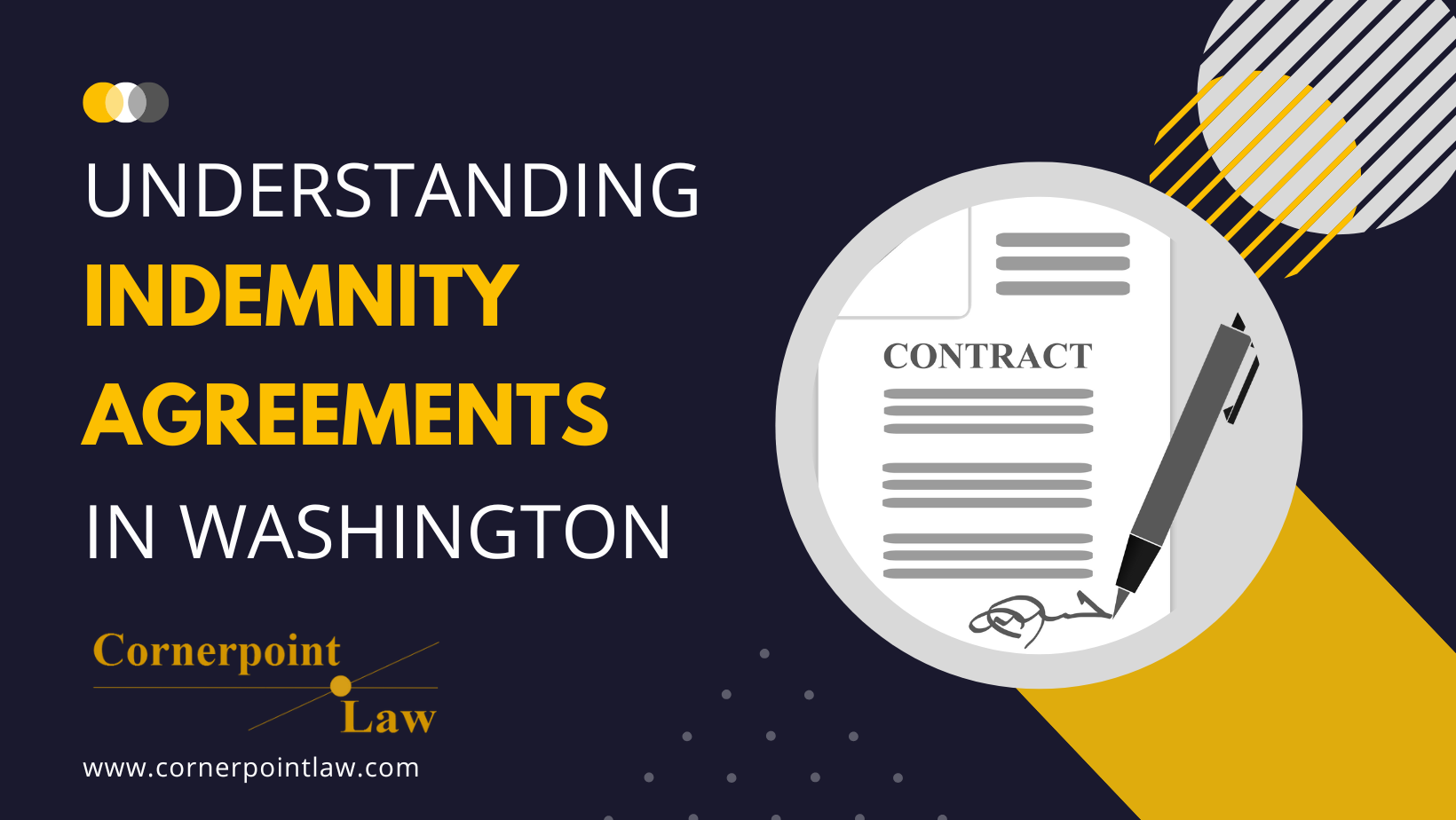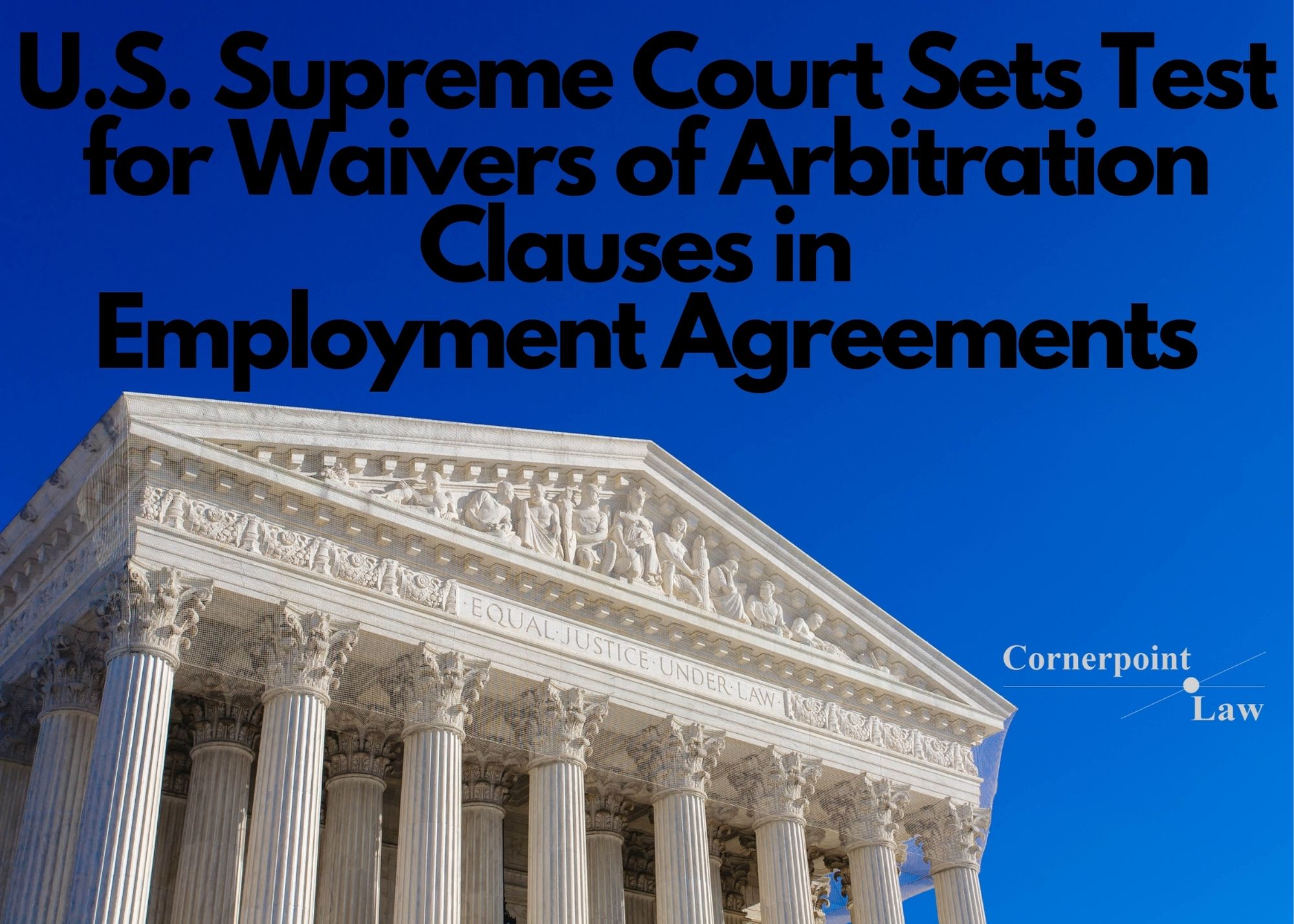The Playbook: Employment Agreements
May 16, 2016
Unauthorized use and/or duplication of blogposts without express and written permission is strictly prohibited. Excerpts and links may be used, provided that full and clear credit is given, and with appropriate and specific direction to the original content.
The author of this post can be reached by phone at 206-693-2718 or by email.
Legal Lessons Learned from Steve Sarkisian & USC
Part Two: No Score Yet
by Stacia Hofmann
As I previously posted, former USC head football coach Steve Sarkisian filed a lawsuit for wrongful termination and breach of contract against USC after USC fired Sarkisian in October 2015. From a business and employment law perspective, his case provides interesting issues for review. For purposes of this series of blogposts, I am discussing Sarkisian’s case in an alternate reality where Washington State, not California, law applies.
So let’s get to it. Washington’s default rule is that employment is terminable at will: either the employee or the employer can terminate the employment relationship at any time – with or without cause.
To change this default rule, Washington employers and employees are free to enter into contracts to provide certainty as to each other’s responsibilities, to describe the conditions of employment, and to provide specific remedies to the parties. These contracts often have provisions as to the length of employment, pay and bonus structures, when the employer or employee can end the employment relationship without breaching the contract, how to resolve any disputes, who owns the employee’s work, and many other different terms.
With the demands, contingencies, and high-stakes of college football, it is no wonder that Sarkisian and USC entered into an employment agreement. USC did not want Sarkisian to wake up one morning, decide he missed Seattle, pack his bags, and leave. Likewise, Sarkisian did not want USC to decide mid-season that someone else’s coaching style would be a better fit for the current team roster. Had there been no contract and Washington law applied, Sarkisian or USC could have walked away from the employment relationship for any reason or no reason at all – so long as the reason did not violate public policy or other aspects of federal or state law, such as laws to protect against discrimination.1
Employees alleging discrimination can file wrongful termination claims against Washington employers with or without an employment contract. Next, I will be looking at Sarkisian’s claim for wrongful termination because of an alcohol dependence disability, and USC’s insistence that the dispute be privatized pursuant to an arbitration clause in the contract.
This blog is for informational purposes only and is not guaranteed to be correct, complete, or current. The statements on this blog are not intended to be legal advice, should not be relied upon as legal advice, and do not create an attorney-client relationship. If you have a legal question, have filed or are considering filing a lawsuit, have been sued, or have been charged with a crime, you should consult an attorney. Furthermore, statements within original blogpost articles constitute Stacia Hofmann’s opinion, and should not be construed as the opinion of any other person. Judges and other attorneys may disagree with her opinion, and laws change frequently. Neither Stacia Hofmann nor Cornerpoint Law is responsible for the content of any comments posted by visitors. Responsibility for the content of comments belongs to the commenter alone.
- In Washington, even if there is no formal employment agreement between an employer and employee, employee handbooks and manuals can be considered unilateral contracts or obligate the employer to act consistently with the handbook or manual. ↩




